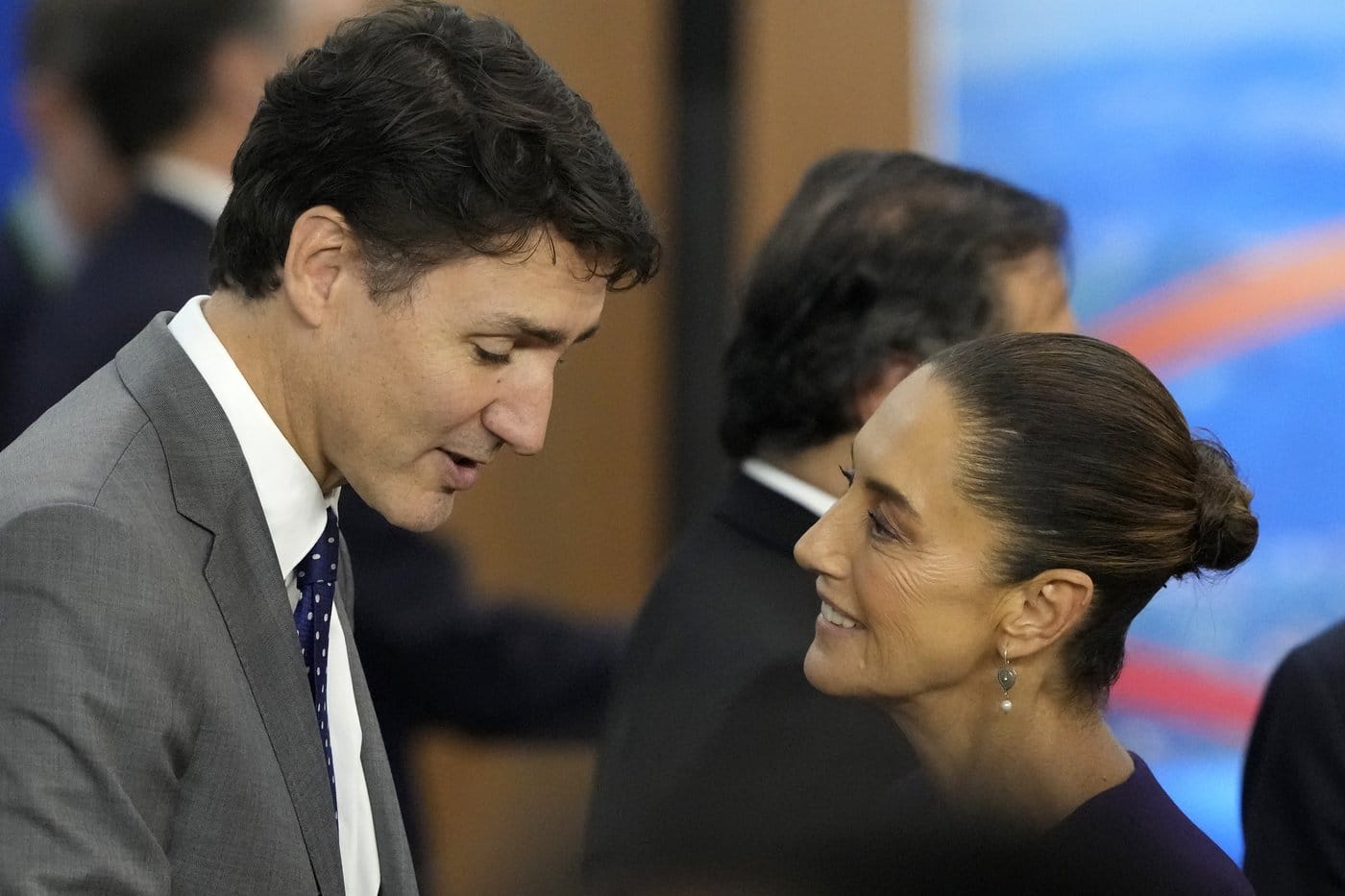Afraid of losing the US-Canada trade pact, Mexico alters its laws and removes Chinese parts
As the situation evolves, Mexico will need to balance international trade pressures with the domestic imperative to secure its manufacturing future.

Mexico is under growing pressure, both domestically and internationally, to reduce its reliance on Chinese parts and products, especially as concerns arise over the potential impact on North American trade relations, particularly within the U.S.-Mexico-Canada Agreement (USMCA). There are fears that a re-elected Donald Trump or a weakened Canadian Prime Minister Justin Trudeau could target Mexico’s participation in the deal, citing concerns over Chinese imports flowing into North America through Mexico.
In response, Mexico has launched an initiative to replace Chinese-made components with locally produced goods, including a push for North American companies to increase local manufacturing. President Claudia Sheinbaum outlined this strategy, noting it’s part of Mexico’s broader efforts that began after the 2021 global supply chain crisis, which highlighted vulnerabilities in the global production and shipping systems.
Mexico is trying to bolster its manufacturing capacity in key sectors such as microchips. Economy Secretary Marcelo Ebrard announced plans to begin producing microchips in Mexico next year, although they will not yet be the most advanced versions. This move highlights Mexico's push to become less reliant on China and to attract more North American production.
The Mexican government is also making legal reforms to address concerns about its regulatory environment. The ruling Morena party is working to align its regulatory bodies with the minimum standards required by the USMCA, addressing fears that eliminating independent oversight could make Mexico less attractive to foreign investors. This includes reforms that aim to preserve the rule of law and fair competition, which are important to maintaining investor confidence.
However, there are significant challenges in reducing Mexico's dependence on Chinese imports, as the country faces both international pressure, such as U.S. tariffs on steel and aluminum, and domestic obstacles like the complexity of shifting supply chains. Experts believe that achieving these goals in the short or medium term is unlikely, with José María Ramos from the Colegio de la Frontera Norte noting that it will take time to reduce reliance on Chinese imports.
Despite these efforts, the broader issue is that Mexico’s participation in the USMCA is under scrutiny. While experts argue that the agreement is unlikely to be abandoned entirely, the threat of a long-term delay or a hard review process in 2026 could have lasting effects on Mexico’s economic stability and trade relationships. As the situation evolves, Mexico will need to balance international trade pressures with the domestic imperative to secure its manufacturing future.





